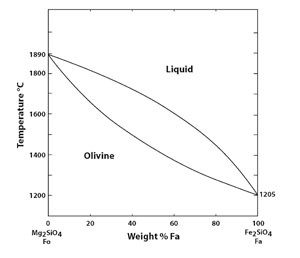Kai Corley-Jory
December 6th, 2018
Unit 2:3 – Reflection Blog
This is a reflection on the work I have accomplished and the processes I used and learned during this units extent. In unit 3, the primary assignments were that of learning to write with the “you-attitude”, producing a draft of a formal report, and peer reviewing a draft of a peers formal report.
Starting with writing in the “you-attitude”. I still have a lot to learn using this technique in writing. I am struggling to find the line between being direct and helpful when stating recommendations or comments without sounding or having a condescending tone in my writing. I am generally a very blunt person and everything I say I like to get straight to the point of the matter. This style comes across very rude and condescending at times when used for peer-reviews or reports in writing. I have started to try and use the “you-attitude”, but I think it will take a lot more practice for me to master it. The more I am forced to write in this style and the more that mistakes can be pointed out to me through peer review, the better I will become at using it.
The biggest assignment during this unit for me was by far the draft of the formal report. As forewarned by my instructor I chose a fairly complex and in-depth topic for my report, “Tungsten in Canada: A Feasibility Study for Re-opening the Cantung Mine”. Though it is a complex topic, I think I did it justice the way I wrote about it. The topic itself is interesting to me because it is a place and a problem I had personally wondered about ever before considering writing a formal report on it. It definitely took me longer than I had first thought to draft the report, but I also wish I had more time to go into more intricate detail on a few of the topics as well. Overall I am happy with the draft, and can’t wait to look over and edit it again myself after looking at recommendations from my peers. My main fear with this report and having someone peer review it that has no background in the mining industry or geology is that the terminology used may be specific to those two fields, but we shall find out soon.
Lastly was the process of peer reviewing a draft of a colleagues report. Reviewing someone else’s work is always easier for me than reviewing my own. I really enjoy peer reviewing because not only do I get to help my colleagues by recommending changes, I also pick up little things that I can incorporate into my own works. Reviewing Graham Drope’s report draft was very easy, as he quite easily understands how to write with the “you-attitude” and was very focused with the goal of his report, rarely straying from the main topic. Even though the subject matter of his report was of no interest to me it was still enjoyable to read because of his style and organization. Overall I enjoyed the review process and think it will help me better organize my reports and use the “you-attitude” in the future.
Attached is a copy of the first draft of my formal Report:

